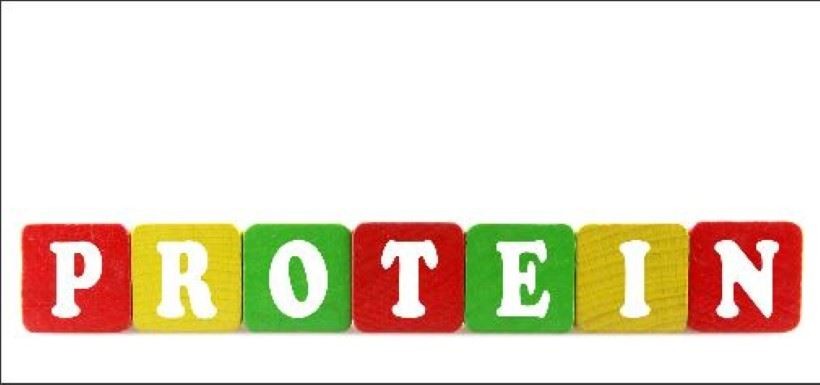As a dietician, Jeff Novick, MS, RD, LD, LN advocates for a whole-foods plant-based diet in order to get sufficient protein. "Nature has made sure we are protected against a protein deficiency, as all whole, natural foods are abundant in protein. Whole grains, starchy vegetables, vegetables, and legumes are all excellent sources of high-quality protein." My article, "Current Protein Recommendations Flawed," will give you more scientific information regarding our bodies' needs for protein and the history of protein recommendations in the United States.
Concerns about adequate protein intake on a whole-foods, plant-based diet are completely unfounded. But what about calcium, iron, omega-3 fatty acids, and Vitamin B-12? Look for answers in the next parts of this series, Do Plant-Based Diets Require Supplements?
If you've been on a plant-based diet for a while, I'm sure the topic of protein has come up in conversations with friends and family members. How do you answer the question, "But where do you get your protein?" What responses work the best for you? Please share them in the comments section below.
For additional information, click on the links below:
(1) Unscrambling the Truth About Eggs
(2) Protein Deficiency = Calorie Deficiency
(3) 97% of People are Deficient in This Nutrient
(4) But I Must Have Animal Protein!
(5) Everyone Else is Doing it!
(6) Big Industries Influence USDA Food Guidelines
(7) Protein Overload
(8) The Art of Selling Slow Poisons
(9) Have we Lost the Ability to Choose on Our Own?
(10) Are you Eating Like Royalty?
(11) But I Could Never Give up Meat and Dairy!
